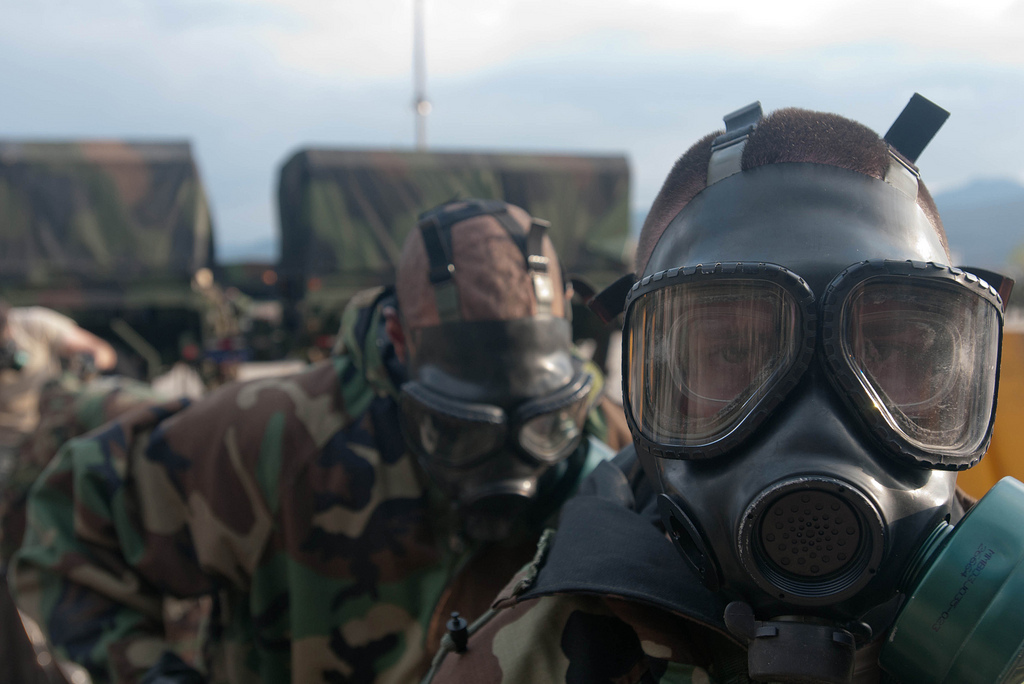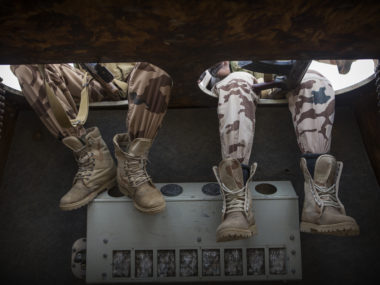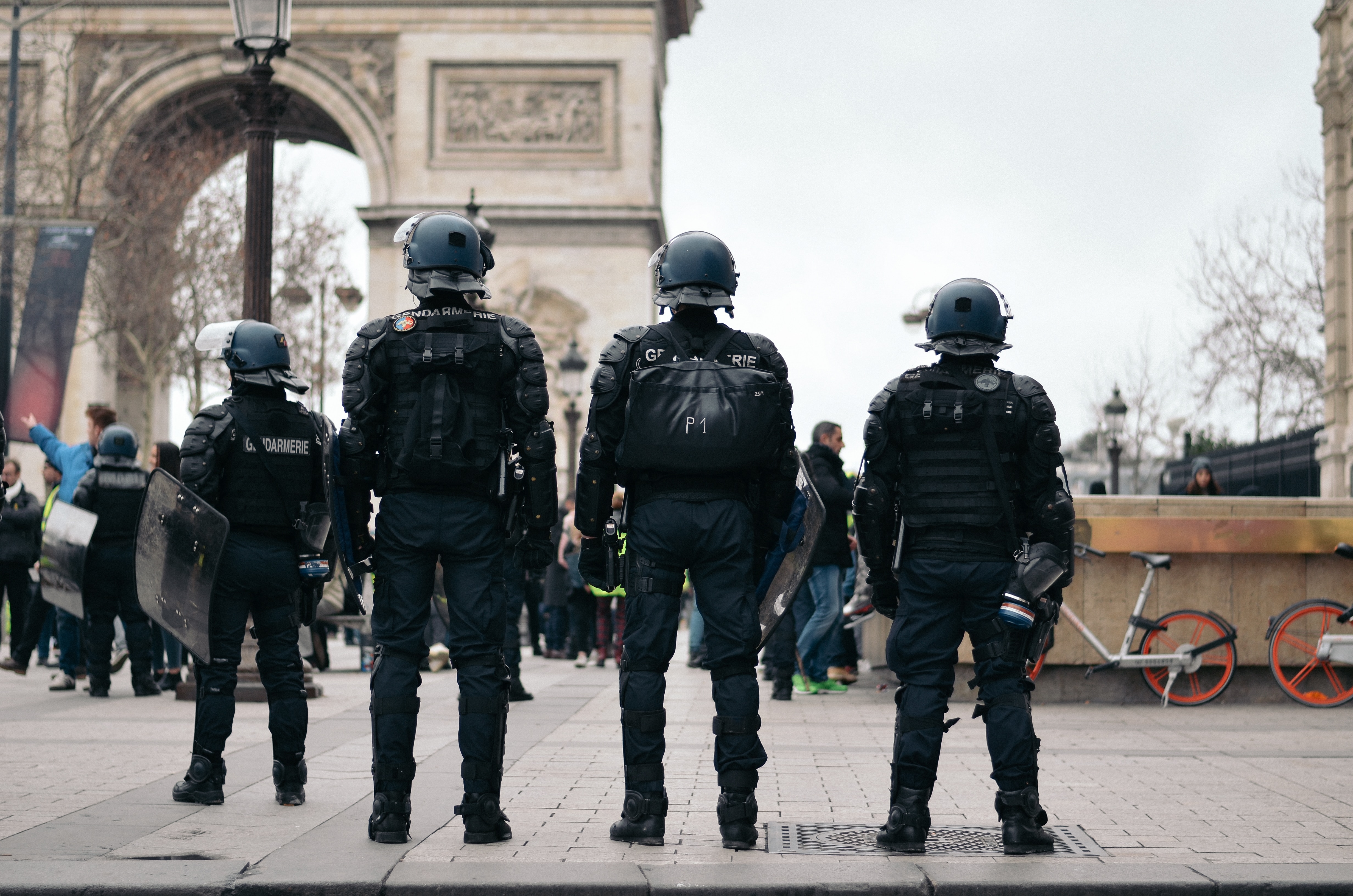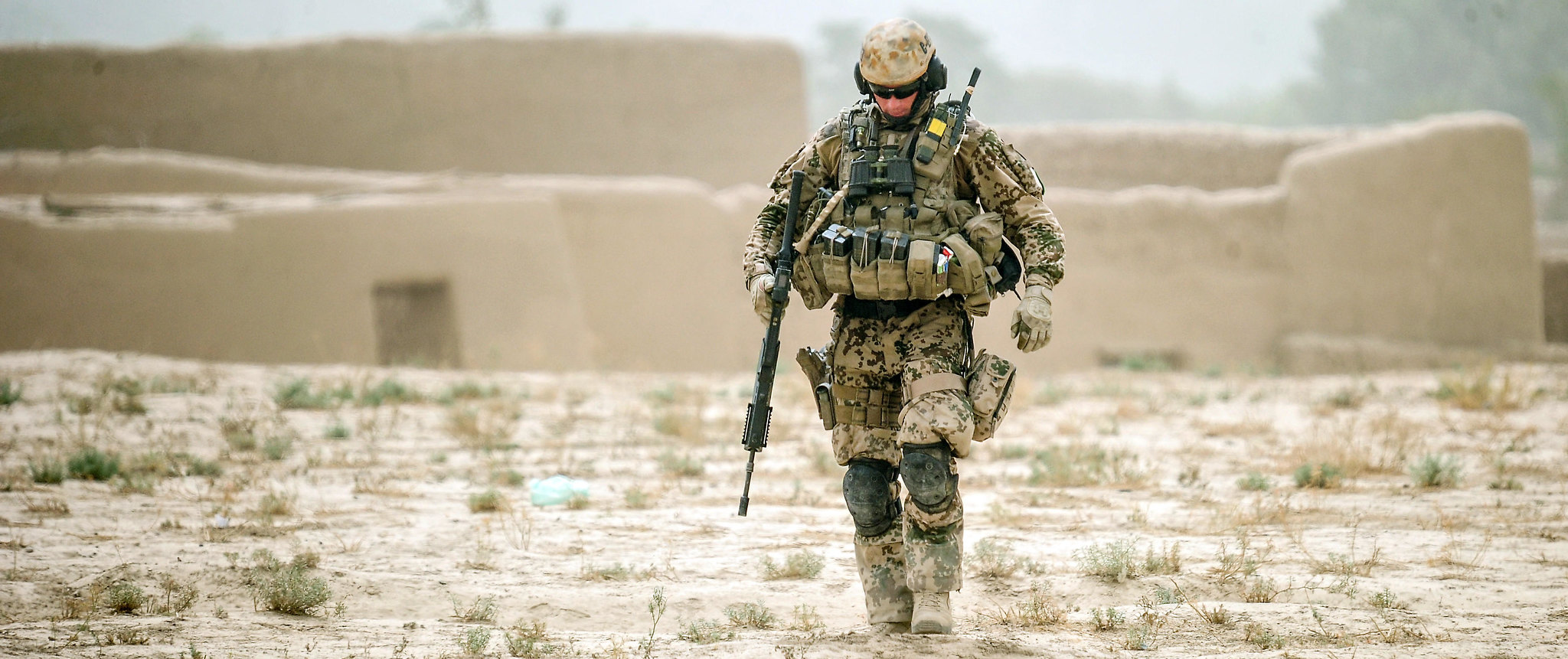By Andrew Kydd

North Korea has detonated its third nuclear device and its first to convincingly split some atoms, although the estimated yield is still less than half that of the bomb that destroyed Hiroshima. The US, Japan, South Korea and the IAEA have duly expressed outrage and made vague threats of consequences, and China has duly called for calm. The end result of the nuclear test may be some moderately increased sanctions, but do not look for any real movement for the following reasons.
- The North Korean regime needs to maintain tension between itself and the outside world in order to survive, both as a regime and as individuals. If the regime ever opens up, as China has, it will be overthrown and North Korea will be absorbed by South Korea. In that case, former regime members still in country will be prosecuted, and perhaps executed, for their role in starving millions of North Koreans to death. Only by maintaining an atmosphere of constant hostility can the regime justify its policy of closure to the outside world and remain in power. It will therefore continue the weapons programs because they help assure a steady supply of threats from the outside world.
- China is the only remaining country with leverage over North Korea. However, China is not disposed to pull the plug on the regime because its downfall would lead to a unified Korea part of the US sphere of influence, hosting US troops on China’s border. China fought the Korean war to prevent that outcome and is not going to allow it now.
- A deal that would clearly make all sides better off exists. In this deal, China would offer asylum to the North Korean leadership in exchange for their peacefully handing over their country to Seoul. The US would in turn withdraw its troops. South Korea would then adopt a neutral perspective on foreign policy questions involving China, a la Sweden in the Cold War. China gets security, stability and an end to its Korean refugee problems, the US solves the Korean proliferation problem, South Korea gets unity on their terms and the North Koreans get to eat.
- This deal will probably not happen because of mistrust between the US and China. There are many reasons for the Chinese and the US to mistrust each other. The Chinese do have revisionist ambitions vis-a-vis Taiwan and the South China Sea. The US would certainly like to contain Chinese expansion and shore up our allies in the region. However, it is not clear that China has revisionist aims on the Korean peninsula, nor that the US actually wants to station troops on the Yalu. Therefore the generalized lack of trust between the two would seem to be obscuring their vision of a question where their interests really do not conflict that much. This kind of thing happened in the Cold War as well, but the US and Soviets did manage to cooperate in some isolated areas in the midst of the general confrontation. The US and China would be wise to follow suit, especially since the gains from cooperation on this issue are so great.
*Hat tip to Freakwater, and their album of that title, a masterpiece.








0 comments
On a minor point, I would imagine that China’s concerns must include the possibility of renewed conflict on its border as much as the prospect of a smooth transition to South Korean rule and US occupation. Indeed, if China is concerned with South Korean annexation and US occupation, would it not try to move its own forces into North Korea first?
The deal itself has some similarity to the Austrian deal during the Cold War, but Austria, despite being in the center of Europe, was something of a backwater compared to Germany, the US and the Soviets still got to keep their main forces right where they were, and Austria didn’t have two long-established and heavily armed governments.
My main problem with the deal, though, is that it assumes that North Korean leaders share your interpretation of the nature of the North Korean regime and what holds it up. Even if it turns out to be objectively true, people have many ways to convince themselves of the righteousness of their ways. I’m not sure I can see them saying, “Hell, the people will be better off without me.”
Yes, the North Korean leadership will be the biggest losers here. However, the Chinese hold all the cards. If China withdraws support, the regime will be very likely to collapse. If the Chinese combine that with an offer of asylum, the choice will be pretty clear for the North Korean generals.
I see your point, but wouldn’t the possibility of collapse and the possible consequences of that make the Chinese very reluctant to go down that path?
“It will therefore continue the weapons programs because they help assure a steady supply of threats from the outside world.”
One non-threatening way to approach NK is for the US and SK to shift focus from the geopolitical issues, which raise the threats that NK uses to justify its actions, to the human rights issues, for which there is no rationalization and which are not threats to NK’s security.
If Obama and the SK leadership spoke continually about NK’s starvation, imprisonment, and murder of its own citizens, we could hammer at NK’s political authority and international standing without threatening NK’s security. It may be more convincing to the Chinese government, who probably care little about NK’s military threats, or at least put more pressure on them as they stand before the world, protecting this horrible dictatorship. (As a side benefit, it would challenge their stated policy of non-intervention.)
We also could appeal to the Chinese public’s new-found pride and openness by asking, how can the people of China enable this brutal man to starve, kill, and imprison millions of people, right on their border?
Admittedly, it’s all a long-shot, but as you say, the other approach isn’t working.
Scott: I think they are very wary of collapse, and fear a refugee crisis and possible military conflict. If only it were possible to persuade them that it is a necessary transition to a much better and more stable future, so the best thing to do is plan for it and manage it properly.
guanxi: That makes sense. A ready response on China’s part will be to point to the noxious regimes the US supports, such as Saudi Arabia. But North Korea is uniquely bad in many ways, we should do more to emphasize that.
Why do we give North Korea the time of the day? They have been starving their citizens for decades, but the they are still around. They also have not attacked South Korea. They are a sort of East Germany propped up by China. Eventually South Korea will have to deal with them the same way that Germany dealt with East Germany and still is. It takes a generation or two to get rid of the remnants of the dictatorship of the proletariat.
Elke,
Aside from humanitarian considerations, their nuclear program is reason enough to be concerned. Graham Allison suggests today in the NYT that they may sell them, and that we should issue a strong deterrent threat to prevent that. I’m not so sure they would sell them precisely because the threat hardly needs to be made, if we trace an exploded bomb to Pyongyang that will be the end of them. We may all hope that the South Koreans absorb them peacefully before that happens.
Today’s NY Times gives some support to my amateur theorizing:
Some Chinese Are Souring on Being North Korea’s Best Friend
http://www.nytimes.com/2013/02/17/world/asia/some-chinese-are-souring-on-being-north-koreas-best-friend.html
‘“The public does not want China to be the only friend of an evil regime, and we’re not even recognized by North Korea as a friend,” said Jin Qiangyi, director of the Center for North and South Korea Studies at Yanbian University in Yanji City. “For the first time the Chinese government has felt the pressure of public opinion not to be too friendly with North Korea.”’